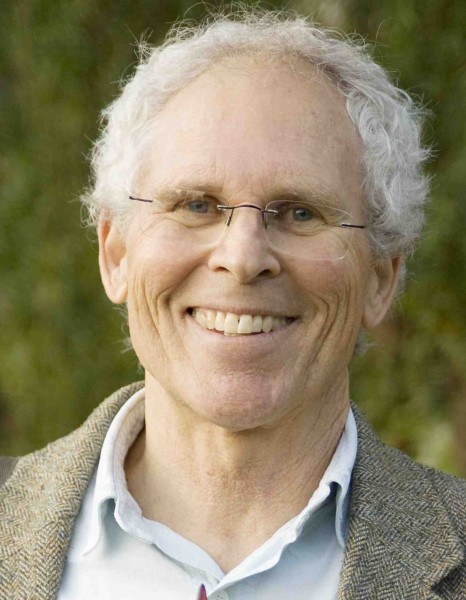It’s Carbon Fee and Dividend Time

Just as the federal government offers no policy to address the COVID-19 pandemic, similarly it dismisses what scientists are daily calling the climate crisis. The difference is, according to my physician friends, a vaccine for the pandemic should be available in the foreseeable future. Presumably, COVID-related infections and deaths will then come down. But sea levels will not; the severity of droughts, wildfires, and floods will not; deaths from carbon-related air pollution in industrialized neighborhoods and ports will not; and the rate of acidification of oceans and reefs will not. In this governance vacuum, city and county governments (with help from some statehouses) must step in and provide the leadership on climate change, until science informs and guides national policy in Washington, D.C.
Locally, Laguna Beach approved a Climate Protection Action Plan (2009) and officially endorsed the Paris Climate Accord (2017), which aims to avert the worst consequences of a warming planet. However, in order to take the biggest measurable chunk out of carbon emissions, in recent months 100 American cities (including a few counties) have endorsed The Energy Innovation and Carbon Dividend Act, HR 763. Twenty-six of the endorsing cities are in the nation’s leading environmental state: California. Those cities range in size from big San Francisco to small Arcata. In Orange County, the Santa Ana and Costa Mesa city councils have taken the lead in endorsing the bill. As support from local governments builds, Congress will feel the pressure to act.
While not a panacea, the arguments for endorsement of HR 763 are multiple and compelling.
Effectiveness: studies conducted by Regional Economic Models, Inc., and most recently by economists at Columbia University have found that carbon emissions would be reduced nearly 40 percent in 12 years and 90 percent by 2050.
Jobs: researchers found that millions of jobs would be created, largely in the service sector.
Lives saved: hundreds of thousands of lives would be saved by the resulting cleaner air.
Size of government: this measure would not grow the government and is the only climate solution that pays for itself. This last point is critically important as government COVID-19 and recession spending may leave little federal funding available to combat climate change.
How would this climate policy work? The act would implement an annually increasing fee on carbon-based fuels, rebating the revenue in equal monthly dividend checks to taxpayers. The bottom two-thirds of income-earners would receive allotments that would equal and in some cases exceed the escalating price at the pump. Innovation would be incentivized and new, cleaner technologies would result. Similarly, people would be incentivized to purchase fuel-efficient, hybrid, or electric vehicles. As the above implies, this carbon fee and dividend measure is revenue-neutral. Also, it is market-driven, which appeals to conservatives.
On Sept. 8, the Laguna Beach City Council is tentatively scheduled to vote on endorsement of The Energy Innovation and Carbon Dividend Act. Please email councilmembers at [email protected] and urge endorsement; tell them it’s truly carbon fee and dividend time.
Tom Osborne chaired the Laguna Beach work group that drafted the Climate Protection Action Plan. With his wife, Ginger, he co-leads the Laguna chapter of Citizens Climate Lobby.




